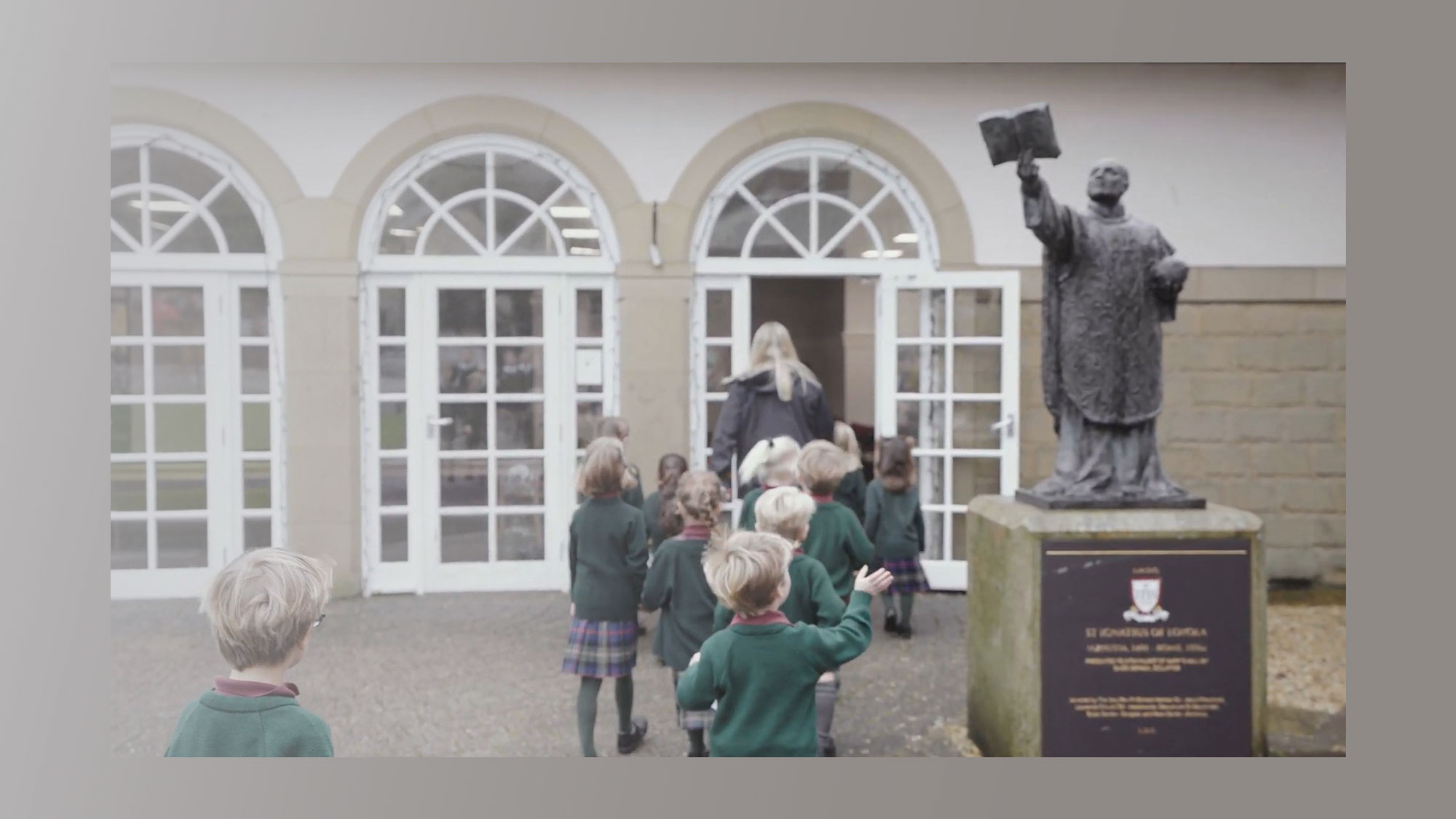Few Ignatian Spirituality resources are concerned with the very young. Adapting ideas whilst maintaining their integrity is difficult. Godly Play, researched and developed by Dr Jerome Berryman, offers an approach that is engaging without diluting authenticity. Initially developed for children it is now used across a variety of age groups and in over 57 countries. 'In most religious education children are told who God is. In Godly Play children discover who God is.'
Godly Play uses a spiral curriculum of sessions – each one including a time of Preparation, Threshold, Circle, Story, Wondering and Feast. And at each stage an opportunity for sharing Ignatian Spirituality emerges.
The 'Storyteller' and 'Doorkeeper' prepare the environment, ensuring it speaks of order and calm with stories arranged around the room in biblical sequence. The children are then invited to cross the threshold and build a circle in the middle of this safe space. The Storyteller uses high quality materials, words and gestures to present the chosen story in the centre of the circle. It may be a Sacred Story, journeying with the people of God; a Liturgical Action story; or a Parable challenging our views.
After storytelling the children are invited to Wonder. In Fratelli tutti, Pope Francis asks of the Good Samaritan parable: 'will we abandon the injured man and run to take refuge from the violence, or will we pursue the thieves? Will the wounded man end up being the justification for our irreconcilable divisions, our cruel indifference?' Likewise, the Storyteller asks of the children, ‘I wonder who was the good neighbour to the traveller? I wonder who was the good neighbour to the thief?’ Often the children respond with their own questions: ‘Why did the priest walk past? Why did the thief steal?’
The children can also respond simply by being still or get creative using art materials to interpret and reimagine the story further. Comparable to Ignatius’s imaginative contemplation, Godly Play invites us to enter, be present, and create a ‘composition of place’. This process of play is pleasurable, voluntary and involves deep concentration. If you recall a playtime from your childhood, your total absorption probably felt something akin to meditation or prayer, an exchange of imaginative thoughts, a time of ‘colloquy’, ’as one friend speaks with another.’
Then follows the Feast, a ritual involving a 'mindful sharing of food, prayer and each other', an opportunity to rewind the clock and share ideas like a ‘review of prayer’. The children are blessed and leave the Storyteller and Doorkeeper contemplating their enlightening responses.
Godly Play is something Ignatius would surely recognise, 'for it is not knowing much, but realising and relishing things interiorly, that contents and satisfies the soul', no matter how young that soul may be.
This article was first published in Jesuits and Friends (Spring 2021).

We have an exciting opportunity to join the expanding Schools Team of the Jesuit Institute!

Julia Ling-MacDonald offers a ‘Book of Nature’ Practice for Advent...